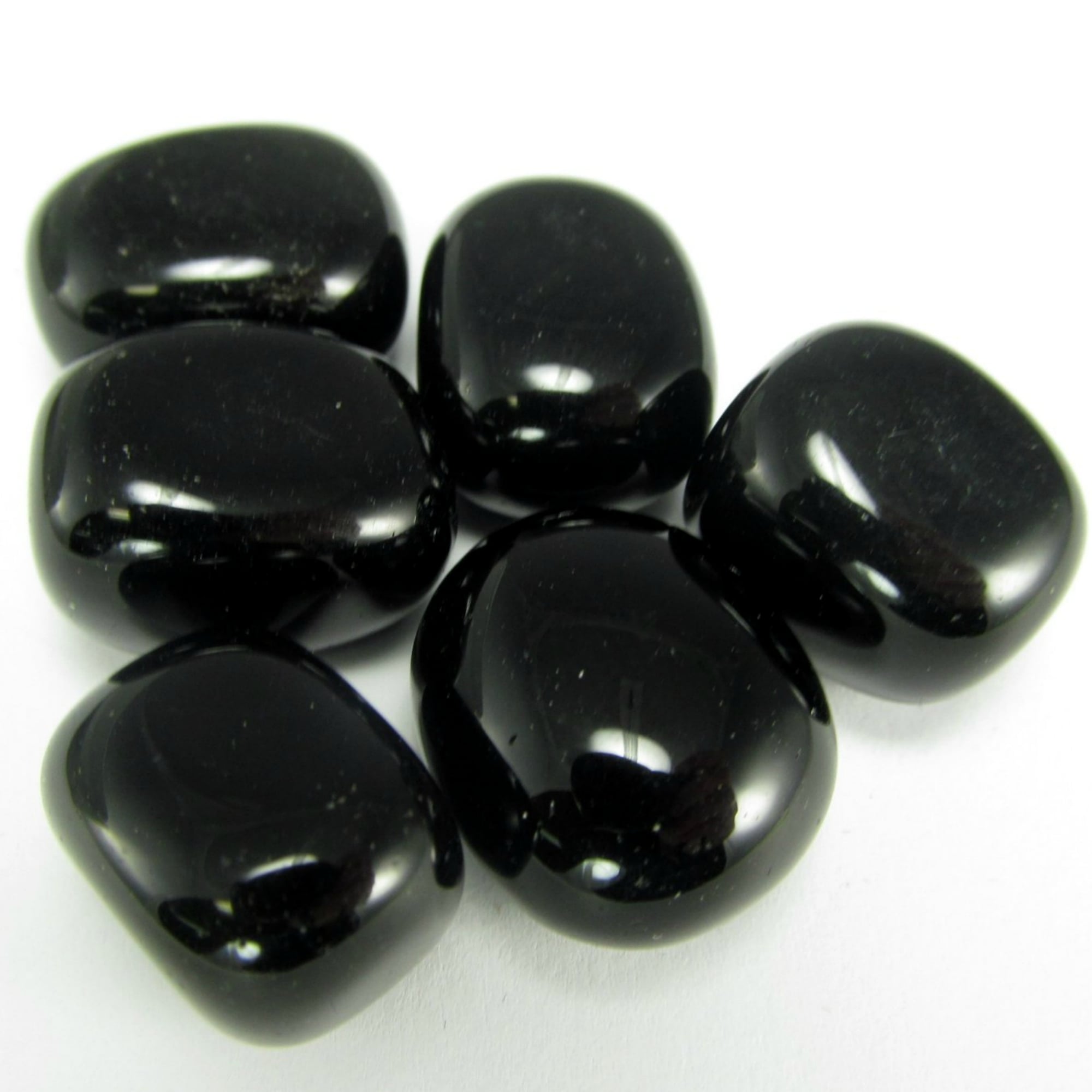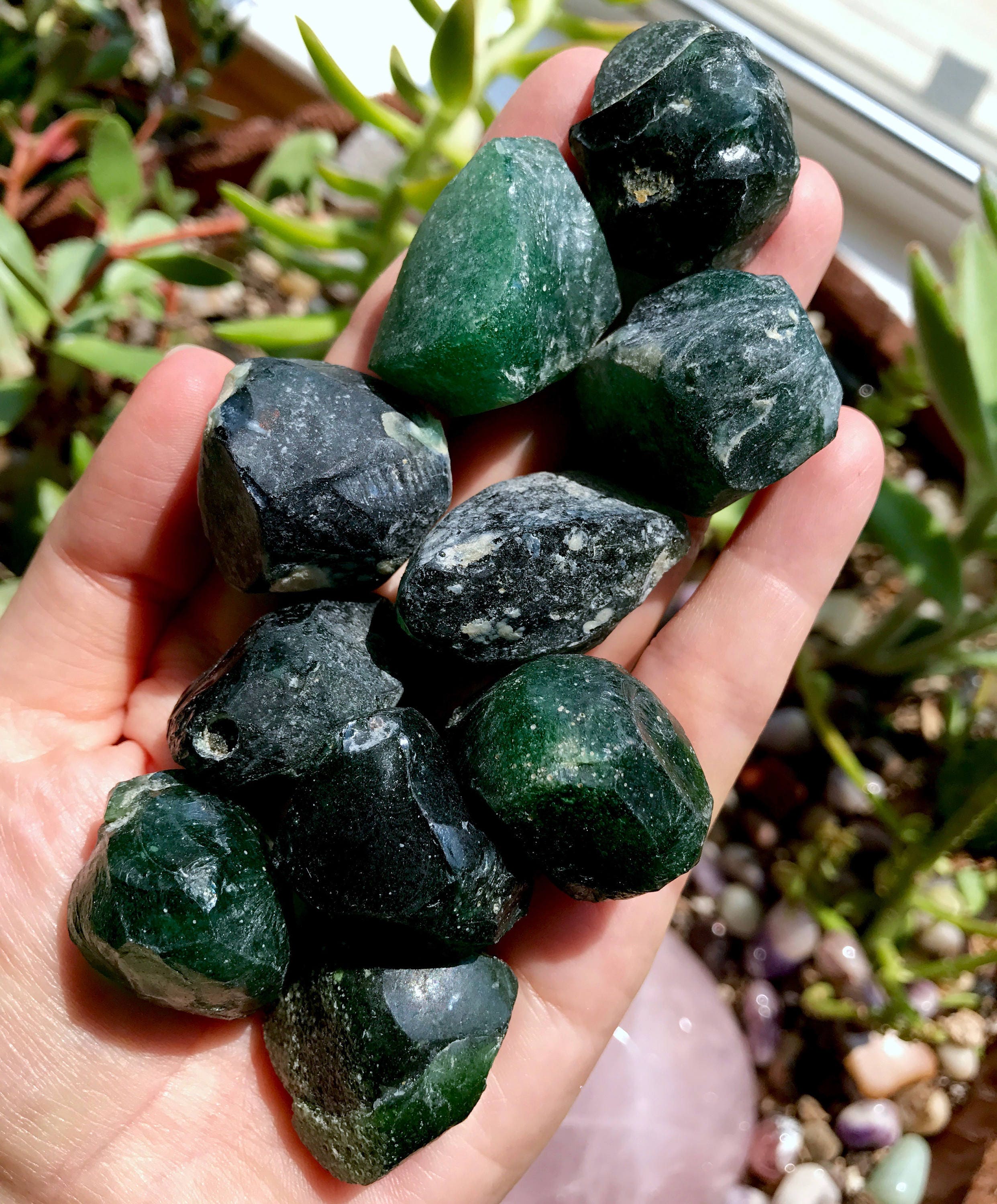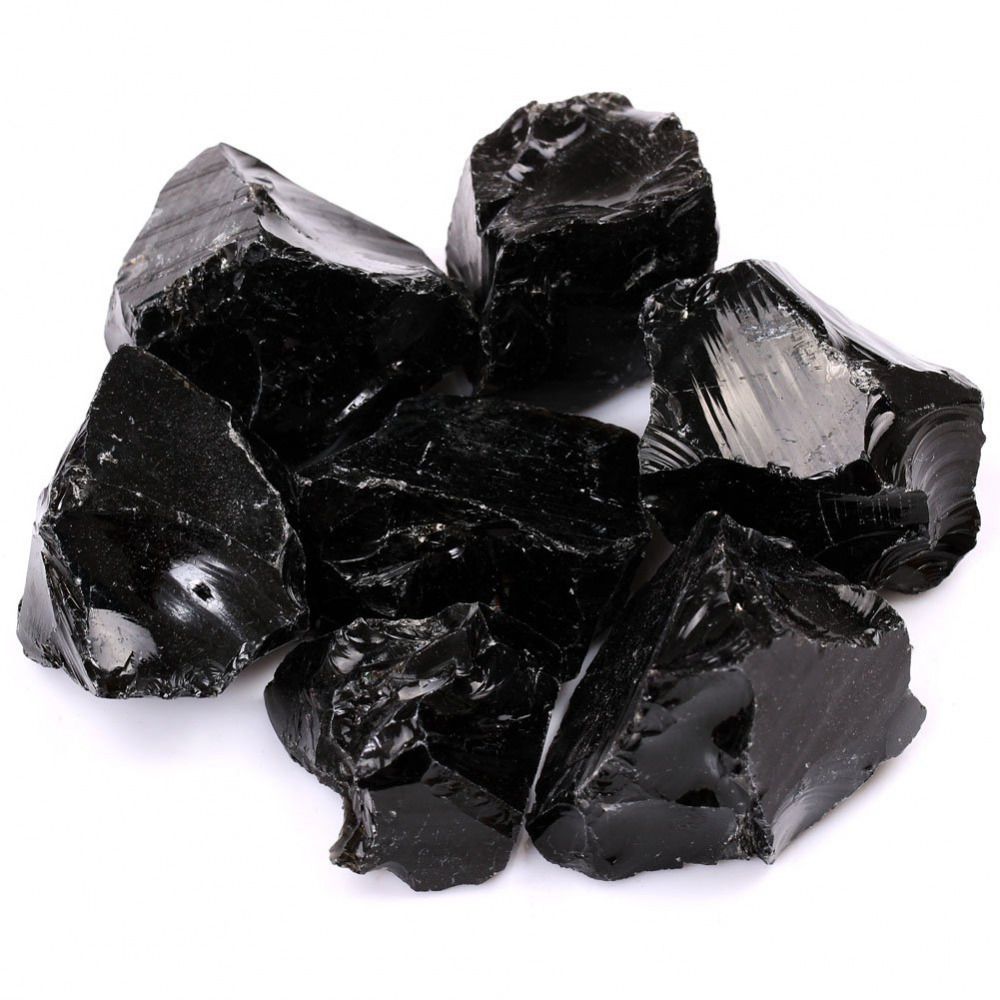

Smooth black obsidian makes for stunning jewelry. Pieces as large as 8-10 inches can be cut and sold. Obsidian is moderately heavy for its size with a 1.00 carat oval obsidian stone typically having dimensions of around 2” x 1.5” x 0.5”.Ī black obsidian gemstone of such dimensions can cost hundreds of dollars, depending on its clarity, shape, and cut.

Unlike many other precious gemstones, beautiful and practical obsidian stones can be found in very large sizes up to hundreds of carats. Obsidian gemstones can vary greatly in their carat weight. As obsidian stones are easy to cut and frequently used in ornamentation, the possibilities are only limited by the cutter’s imagination. In addition to that, however, an obsidian stone can be cut in countless other manners – in various pillar shapes, in pointed pendulums, decorative arrowheads, and moon shapes.

These cuts tend to best accent the beauty of the black obsidian. No matter how they choose to do it, however, black obsidian gemstones are traditionally shaped into rounds or ovals, cabochon cuts, fancy cuts and can be faceted, tumbled or carved. Because of its hard and brittle nature, it’s easy to cut with a diamond saw as well as to carve with a Dremel diamond tip drill. Black Obsidian CutĪ lot of jewelers say that obsidian is a very fun gemstone to cut and carve. You can find many such mirrors online – while these are obviously not as functional as standard glass mirrors, beautiful obsidian mirrors like this oval scrying mirror are truly gorgeous. As a volcanic glass, it has a vitreous and a glassy luster.īlack obsidian with a high enough clarity should have enough reflective properties to be usable for the famous obsidian mirrors. It’s generally completely opaque with a nice, crystal shine to it. Black Obsidian and Clarityīlack obsidian should be, by definition, clear from any inclusions. The obsidian stone bears its name after the Roman Obsius who was the first European to discover this volcanic glass in Ethiopia. Obsidian can be recognized by its glassy structure and single refraction.

Pure black obsidian is quite rare because, more often than not, the rocks will include some inclusions which will give it a brownish, yellowish or reddish coloring.
#Obsidian crystal free
When the formation of the volcanic glass is free from inclusions, the end result is clear black obsidian. The dark color of obsidian is largely due to the presence of iron and magnesium.
#Obsidian crystal plus
It doesn’t have the typical cleavage of other gemstones, plus its conchoidal fracture and acute edges when broken allow it to form very sharp and smooth edges. See these here.īecause obsidian is only found in locations that have experienced volcanic eruptions, the most common mining sources for this gemstone are, in alphabetical order, Argentina, Armenia, Azerbaijan, Canada, Chile, Georgia, Greece, El Salvador, Guatemala, Iceland, Italy, Japan, Kenya, Mexico, New Zealand, Peru, Scotland, Turkey and the United States.Īs a volcanic glass, obsidian resembles a mineral but it’s not a true mineral because its composition is too complex and lacks the typical mineral crystalline structure.Īs a type of volcanic glass, obsidian is hard, amorphous, and brittle. That, together with the other specifics of the chemical content allows a high viscosity, which is what allows the lava to form into glass.Īrrowhead obsidian pendants featuring sharp glass-like edges. The reason this is so is that these flows are rich with silica, and obsidian is typically made of 35% – 80% silica. The most common place to look for obsidian rocks is in the margins of the rhyolitic lava flows that are otherwise known as “obsidian flows”. Such cooling typically happens rapidly after a volcano becomes inactive.
#Obsidian crystal how to


 0 kommentar(er)
0 kommentar(er)
